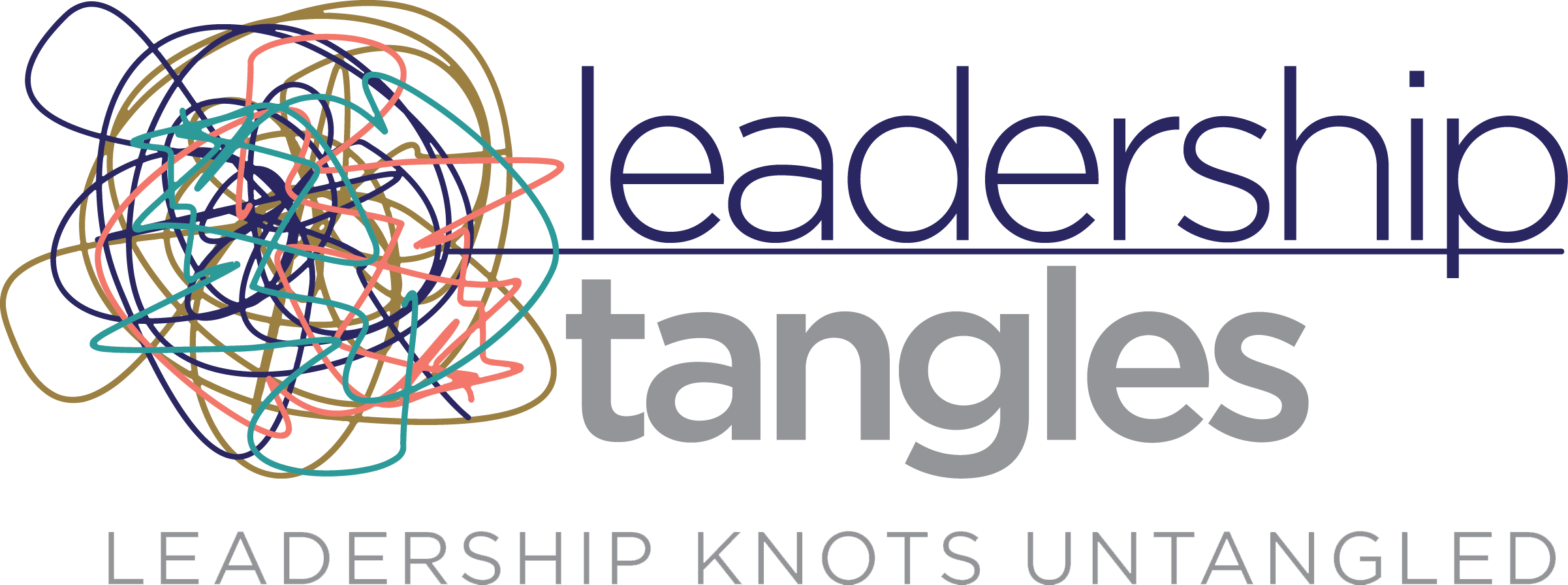 Nothing tangles potential organizational effectiveness than a top leadership team mired in unproductive interpersonal dynamics. These manifest as turf wars, political battles, and hidden agendas. The result is a lack of honesty and an inability to raise tough issues. Bad feelings between two key functional leaders trickle down to the rest of the organization. I once worked with a team in which two senior leaders had a visceral dislike of each other. Direct reports two to three levels down felt the tension, and were in turn mistrustful of each other. The result? Gridlock.
Nothing tangles potential organizational effectiveness than a top leadership team mired in unproductive interpersonal dynamics. These manifest as turf wars, political battles, and hidden agendas. The result is a lack of honesty and an inability to raise tough issues. Bad feelings between two key functional leaders trickle down to the rest of the organization. I once worked with a team in which two senior leaders had a visceral dislike of each other. Direct reports two to three levels down felt the tension, and were in turn mistrustful of each other. The result? Gridlock.
In the course of my work as an executive leadership facilitator and coach, and as an adjunct MBA Professor, it is obvious that human dynamics are complex and often messy. Here are three tips that can help executive teams be more effective.
Acknowledge Power Dynamics
Whether we admit it or not, power is an integral part of human and organizational life. Professor Jeffrey Pfeffer makes a compelling case for acknowledging both the positive and destructive aspects of personal power. Fight it as we may, power is part of the equation. My own research suggests that in the midst of emotionally charged situations, how we view our own power vis a vis others influences how we respond. If we feel powerless and think others are powerful, we are likely to take actions that tangle the relationship. We probably won't state how we really feel, nor will we raise a controversial issue. On the other hand, if we feel powerful and perceive others as equally powerful, we are more likely to raise issues and speak the truth. Awareness of our own level of personal power can make a huge difference in team effectiveness.
Model Skills in Having Difficult Conversations
Most of us have not learned how to productively and diplomatically raise tough issues. We are afraid of ruffling feathers or worse, destroying important relationships. So we say nothing. Bad feelings fester and soon the air is so thick with tension, we either avoid each other or stick to superficial conversation. It is worth learning skills in raising difficult issues. I have found the skills modeled in Stone, Patton, and Heen's work easy to follow and extremely effective. I have used this model with executive coaching clients, executive teams, and with my MBA students, all with phenomenal results. Leaders who can model these skills provide a roadmap for others to emulate.
Expect Civil Behavior
The latest issue of the Harvard Business Review has a fascinating article about a consulting firm with impressive retention rates. The firm leaders attribute their retention success to a maniacal focus on hiring only those with a proven track record of civility. Hiring managers don't just rely on initial reference checks. They use their networks to uncover trails of bad behavior.
I once worked for a global human resource development company that had a robust selection training process. One of the critical components of an effective selection process is knowing the culture needed to execute on your strategy, and then hiring key talent who possess both critical functional skills and who are a good cultural fit. One bad apple does spoil the bunch. Over and over, I have been brought in to companies whose leaders have tolerated bad behavior and are stuck when poisonous dynamics threaten productivity. Better to expect civil behavior and implement consequences for those whose behavior sabotages the success of others.
 If you would like to improve your team effectivness, contact me for a complimentary 15 minute consultation.
If you would like to improve your team effectivness, contact me for a complimentary 15 minute consultation.




